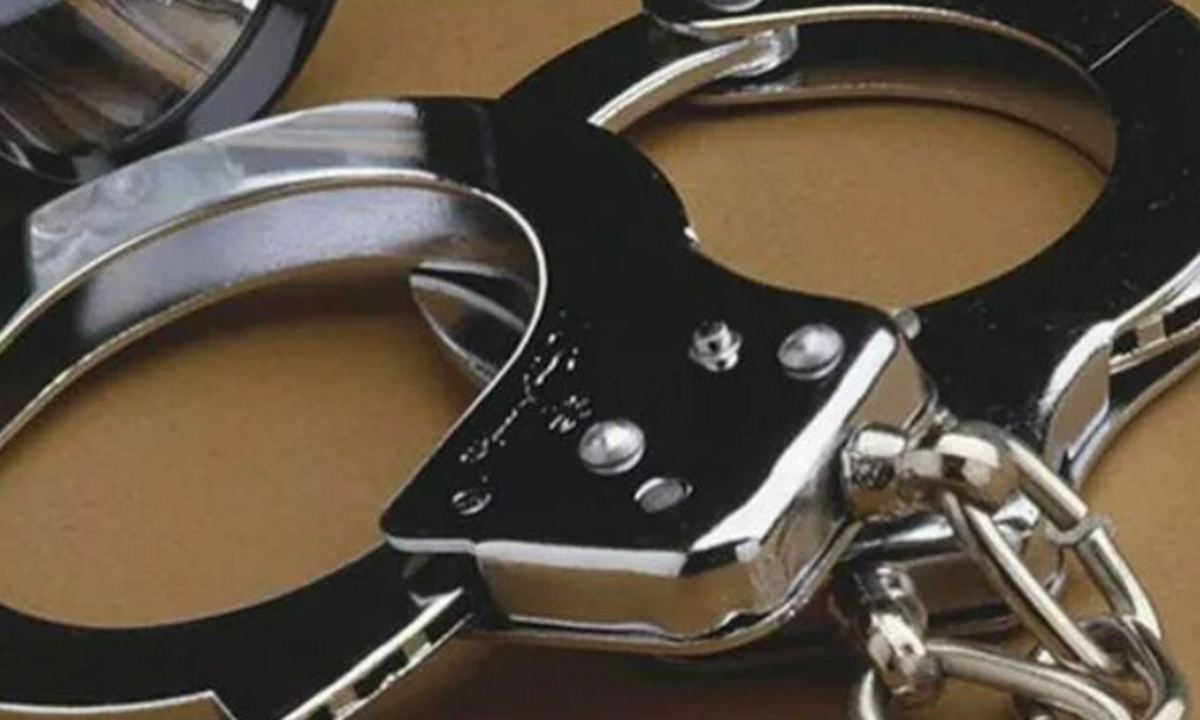Indiana lawmakers are considering a new bill, Senate Bill 120, which would make it a misdemeanor to refuse to provide a DNA sample during the booking process for individuals arrested on felony charges.
The bill seeks to address a gap in the law that was created after a 2017 law was passed requiring DNA samples from felony arrestees. However, the 2017 law did not outline consequences for those who declined to provide their DNA during the booking process.
Senator Michael Crider (R-Greenfield), the author of the bill, proposed Senate Bill 120 as a solution to that oversight. According to Crider, the bill was introduced following discussions with the Indiana State Police and feedback from law enforcement agencies. These agencies voiced concerns about the lack of consequences for individuals who refuse to comply with DNA collection rules during felony arrests.
Why This Bill Was Introduced
In 2017, Indiana passed a law requiring individuals arrested on felony charges to provide a DNA sample as part of the booking process. The goal of this law was to improve the state’s ability to solve crimes by expanding the DNA database, which could be used to match suspects to evidence in both current and cold cases. However, there was a significant oversight in the legislation: it did not specify a penalty for individuals who refused to provide their DNA.
Senator Crider’s bill seeks to fix that oversight by establishing that refusing to provide a DNA sample during the booking process would result in a Class C misdemeanor charge, which is the lowest level of misdemeanor in the state.
Support for the Bill
The bill has garnered support from a range of individuals and groups, particularly from law enforcement agencies. The Indiana Sheriffs’ Association has publicly expressed their support for the bill, stating that it would help law enforcement collect important evidence from suspects to solve crimes and protect public safety.
Barbara Rosenberg, the legislative director and legal counsel for the Indiana State Police, noted that many sheriff’s departments have requested this change to address the issues created by the 2017 law. She explained that this change would essentially “fix what was already created” in the previous law, ensuring that DNA samples are collected from felony arrestees consistently and without unnecessary delays.
Opposition and Privacy Concerns
Despite the broad support for Senate Bill 120, there are some who oppose it, citing concerns over genetic privacy. Ashley Grogg, the founder of the anti-vaccine group Hoosiers for Medical Liberty, has voiced her concerns about the collection of DNA before a conviction. Grogg and others argue that DNA should only be collected after a conviction to protect an individual’s genetic privacy and right to due process.
Grogg’s group advocates for a due process approach where DNA collection would only occur after a person has been convicted of a felony, rather than at the time of arrest. This position aligns with a broader debate about the balance between privacy and law enforcement needs.
How DNA Collection Works in Indiana
As part of the process, the bill clarifies that DNA samples collected from individuals who are arrested for felonies will be stored in a state database. However, the legislation also includes safeguards to ensure that individuals’ genetic information is protected. For example, if felony charges are not filed, if the person is acquitted, or if charges are reduced to misdemeanors, the DNA sample will be removed from the state database. The process for removing these DNA samples is clearly outlined in Indiana Code.
Committee Approval and Next Steps
Senate Bill 120 passed through the Corrections and Criminal Law Committee with unanimous support, voting 7-0. The bill now heads to the Indiana Senate floor for further debate and potential approval.
If passed, this bill will give law enforcement additional tools to help solve crimes, while also addressing concerns related to genetic privacy.
Conclusion
Senate Bill 120 represents an important step forward in Indiana’s criminal justice system by closing a gap in the law and allowing law enforcement to better utilize DNA evidence in solving crimes. While the bill is largely supported by law enforcement and lawmakers, it has sparked an important discussion about privacy rights and the extent of government authority in collecting genetic data. As the bill moves forward, it will be important to strike the right balance between solving crimes and protecting individual privacy.
Disclaimer—Our team has checked this article to ensure its accuracy and eliminate any misinformation. We are committed to providing clear and reliable information for our readers.


